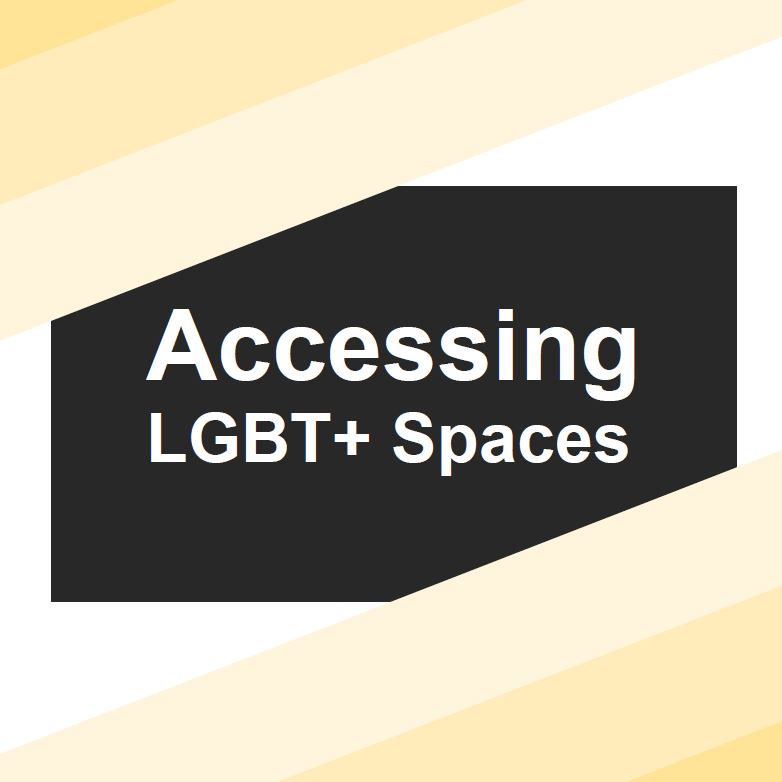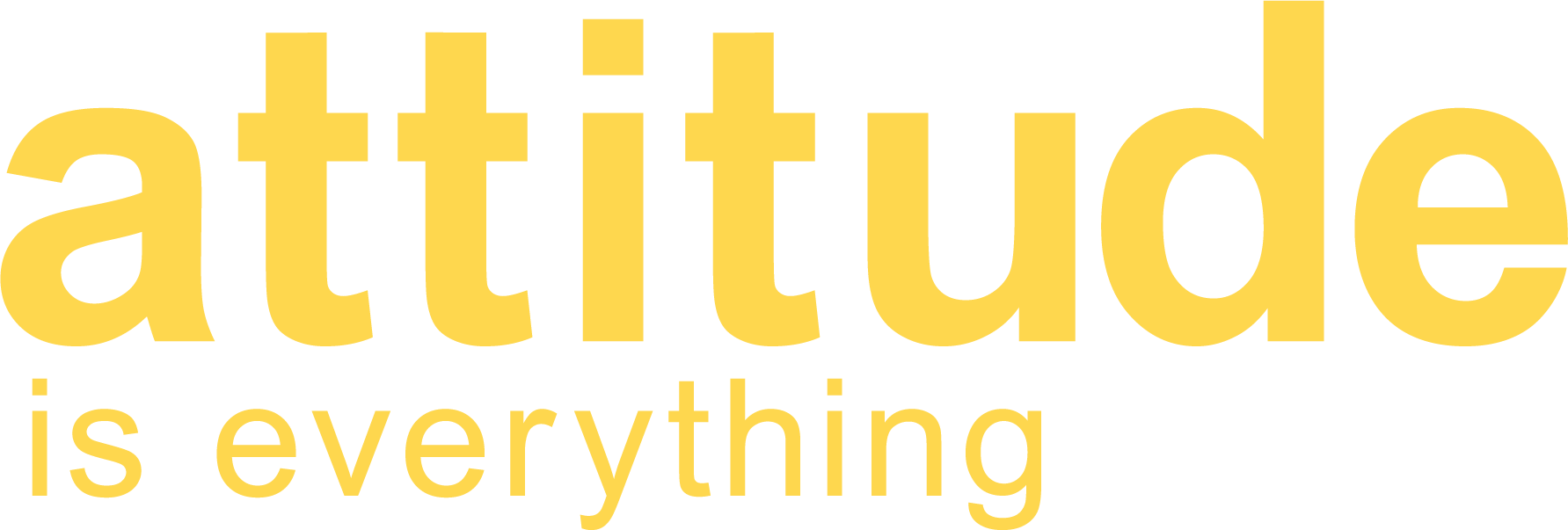Year published: 2018
Our Accessing LGBT+ Spaces survey asked LGBT+ Deaf and disabled people about their experiences of accessing LGBT+ spaces, particularly venues, events and prides.
128 LGBT+ identified people with access requirements shared their experiences in the online survey. 95% identify as Deaf or disabled people.

Key findings
The survey found that Deaf and disabled LGBT+ people still face significant barriers attending community events.
- 80% have been put off attending a pride or an LGBT+ venue due to access concerns.
- 70% reported feeling unwelcome at prides or LGBT+ venues as a Deaf or disabled LGBT+ person.
- 96% would be more likely to attend a pride or LGBT+ venue if they provided comprehensive access information.
Themes
Both at prides and LGBT+ venues, survey respondents faced barriers due to bad attitudes, lack of awareness and limited information.
Dismissive or hostile attitudes, both from staff and members of the public, were a big barrier for many.
“I have problems with people stepping in to try and grab my wheelchair if my carer lets go even for a moment.”
Lack of disability awareness from organisers, staff and volunteers was an issue for many people.
“Security staff don’t seem to have any disability awareness training, and just presume I’m drunk (when I’m sober).”
Lack of accurate, good quality, comprehensive access information was a central issue at all kinds of events.
“I’m nervous about attending a venue unless I have good access information but this is often difficult to find out.”
Impact
Being unable to attend events due to bad access left many survey respondents feeling unwelcome, isolated, rejected, depressed and cut off from the LGBT+ community.
“I think I have missed out on the feeling of community that other queer people seem to have.”
Solutions
The report ends with 5 simple steps any event or venue can take to make improvements:
- Consult and involve disabled people in your event or venue. Try a local disabled people’s organisation (DPO).
- Make it clear that ableist behaviour isn’t tolerated. Include ableism in any safer spaces policy, and make sure ableist harassment is properly addressed.
- Provide good quality access information for every element of your event. Attitude is Everything’s Access Starts Online guides can show you what to include.
- Train yourself and your staff. Public-facing staff should all have disability equality training, and be aware of all access facilities and policies.
- Think about the audience experience. Think about access at every part of your event. Have a space where people can sit down and get away from crowds, light and noise.
Next steps
These resources can help you put on a more accessible event:
Regard’s Pride Access Guide.
Our DIY Access GuideAccess Guide for small scale event organisers.
We also offer Disability Equality Training, and venues and prides can join our Charter of Best Practice.
